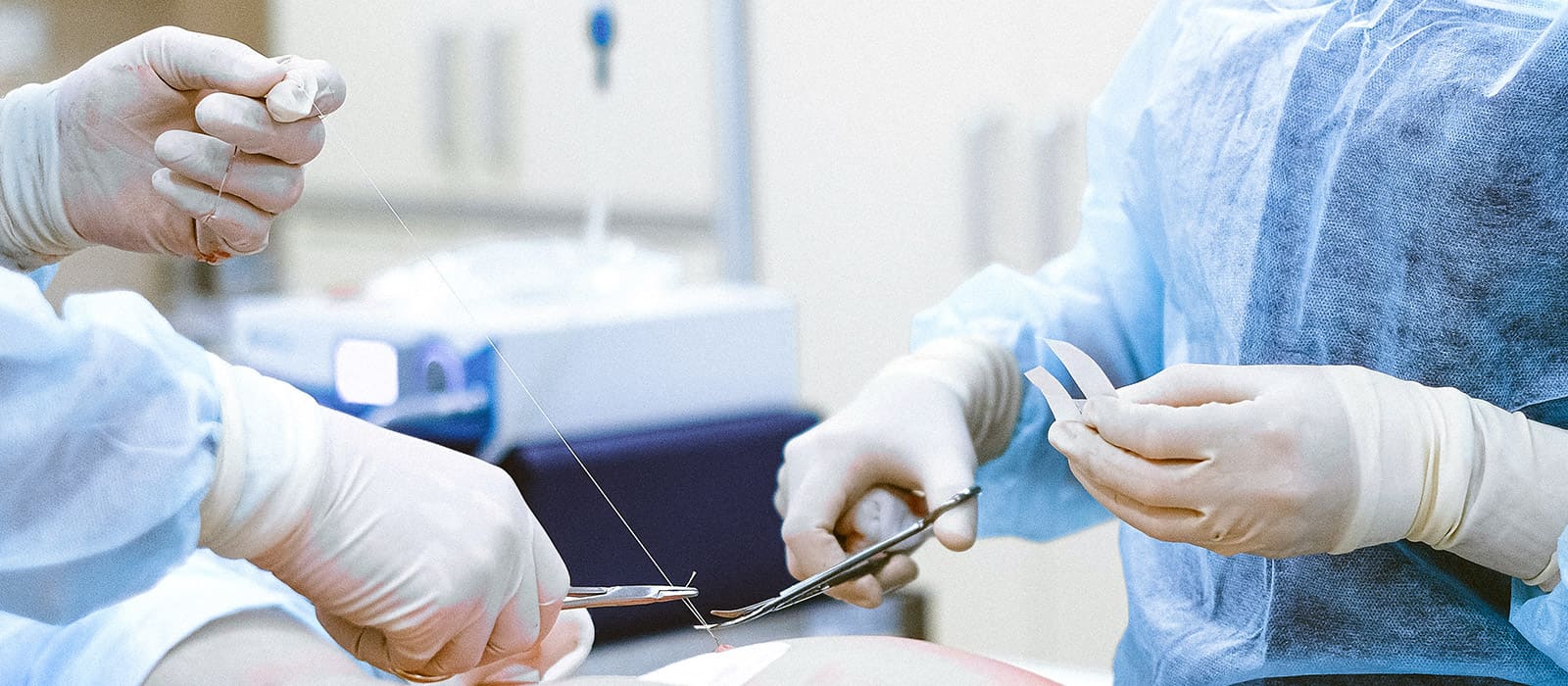
« Education is the most powerful weapon which you can use to change the world. »
– Nelson Mandela
Our vision is to facilitate trauma education for all OTC chapters. Assistance is offered as needed within the OTCF education program. Divided into three levels of experience, the different OTC chapters regularly organize CME accredited courses for orthopedic surgeons – young and old. Since the establishment of our education task force , nearly 12000 medical professionals have participated in OTC courses all over the world. However, we do not only focus on quantity but also want to be able to offer top quality courses which the reason is why we are constantly improving course evaluation processes. This all mounts in one big mission: Bringing trauma education to the next level!
The OTC Foundation offers numerous courses within its respective Chapters. Our goal is to train surgeons in every stage of practice and experience. Chapters focus on the specific professional level of course participants. Three levels for training course participants are defined: beginner, advanced, expert.
The chapters within the OTC Foundation offer numerous courses. Our goal is to train surgeons in every stage of practice and experience. Chapters focus on the specific professional level of course participants. The chapters focus individually on leveled trauma education. Our goal is to provide beginner-, advanced- and expert courses in your OTC country. The wide range of course options provide sawbone workshops. The establishment of cadaveric courses as well as courses with prefractured bone specimen is the main goal to be established as a standard in trauma education. Also digital course formats such as Webinars, live streams and relive video sessions are being implemented as training innovations. Chapter courses may also provide training opportunities in spinal surgery, neurosurgery, arthroscopy and emergency aid.
Please refer to the chapter overview to find your perfect course match.
The OTCF Executive Board has set up a special EB Task Force Education. Its objective is to stimulate and enhance training activities in the OTC chapters. The EB Task Force Education furthermore reinforces support by the OTC Foundation to the chapters in terms of organisation of courses or ideas for new initiatives.

Annual conferences at expert level are held in conjunction with the General Assembly of OTCF, the Leadership Forum. The Leadership Forum takes place every year in June. The event is being usually hosted by new chapters.
The OTCF had an online course evaluation tool developed.
Some of its strong points are:
All course directors can sign up and use the tool, which is accessible under the following link: http://otc-voting.org
Every chapter is encouraged to implement the evaluation tool, because it is easy to navigate for course directors and participants alike. Thus, it enables to secure a high number of respondents and contributes to improving education within the OTC alliance.